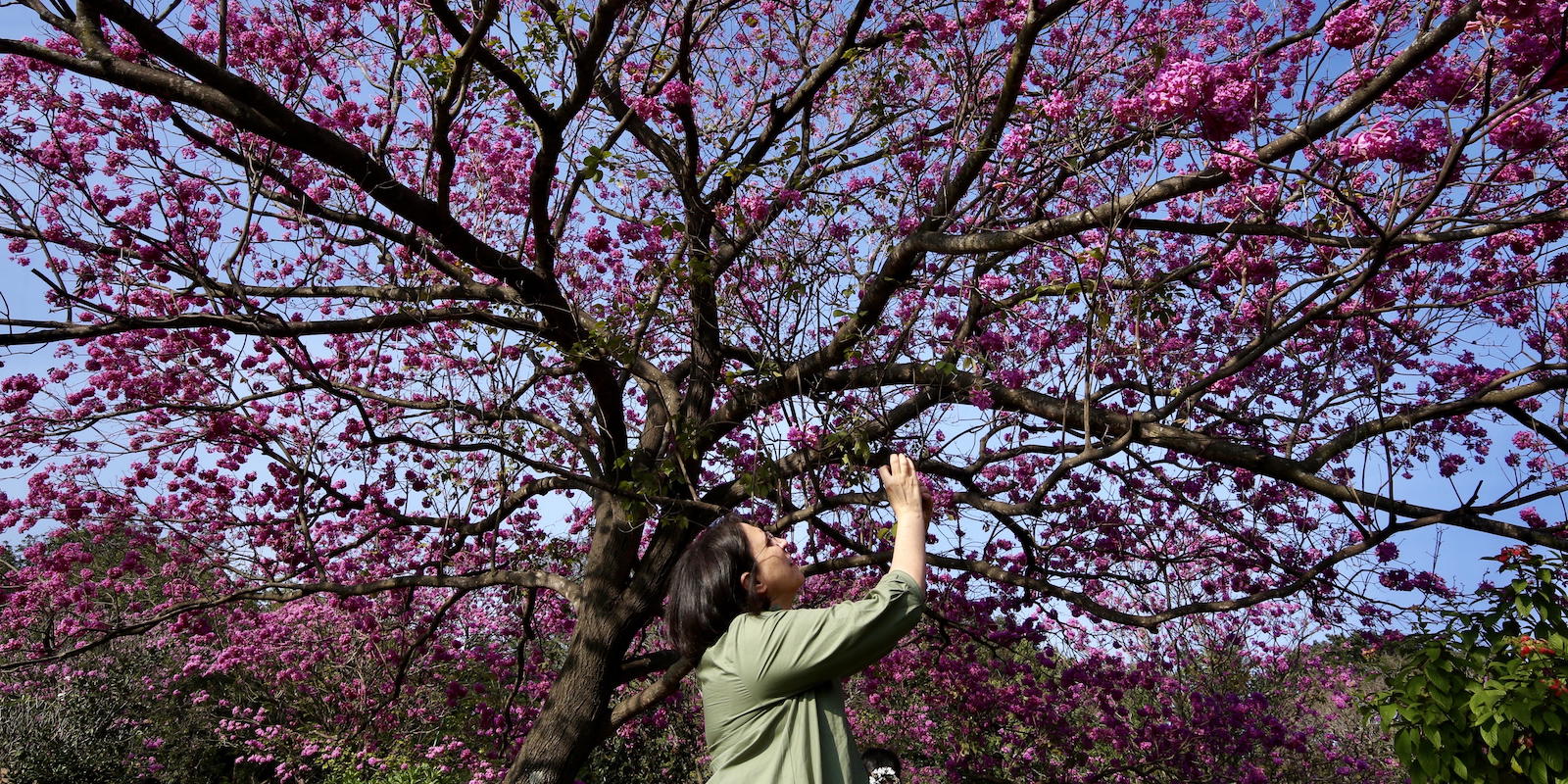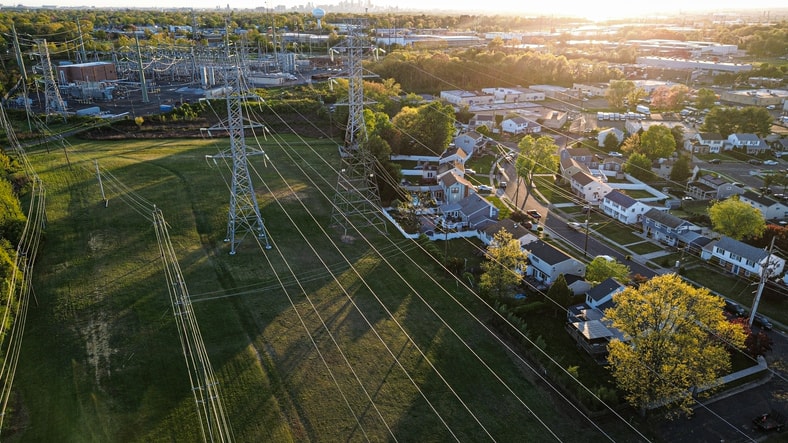Friday, March 8, 2024
On International Women’s Day, we honor the Spanish and international women of science whose work has forever transformed our understanding of climate change, energy, circular economy, the ocean, and biology
Laura P. Gutiérrez
In 2018, just 33% of the global research workforce was comprised of women. Yet, despite their traditionally overlooked contributions—particularly in the field of science—a myriad of women have spearheaded environmental conservation efforts.
Over recent decades, society has revisited its academic past to reclaim the names of women who excelled in their respective eras and fields. On International Women’s Day, we honor the Spanish and international women of science whose work has forever transformed our understanding of climate change, energy, circular economy, the ocean, and biology.
The women scientists of our history
Jane Goodall (1934, United Kingdom). At the age of 26, Dr. Goodall was sent to Gombe, Tanzania, to study our closest living relatives. Her groundbreaking discoveries about chimpanzees not only captivated the world in the 1960s but also forever changed our definition of Homo sapiens. Goodall illuminated the complex social behavior of chimpanzees, a revelation previously unrecognized. Today, the Jane Goodall Institute is a global beacon for its conservation and development initiatives in Africa.
Sylvia A. Earle (1935, United States). Nicknamed “Her Deepness” or “The Sturgeon General”, she is one of the most important marine scientists in history and a pioneer in underwater exploration. With over 100 expeditions and more than 7,000 hours logged underwater—equivalent to nearly a full year—, Earle made history as the first woman to hold the position of Chief Scientist at the National Oceanic and Atmospheric Administration (NOAA). Through her Mission Blue program, she advocates for the protection of critical sites on land and in the ocean, known as “Hope Spots”, which are deemed vital for the health of our seas.
Ángeles Alvariño (1916-2005, Spain). A highly esteemed Spanish oceanographer of significant international renown, she discovered 22 new species of marine organisms and authored over a hundred published works. Her articles were featured in journals such as Pacific Science, the Bulletin of the Scripps Institute, and the Bulletin of the Spanish Institute of Oceanography. The magnitude of her studies led to her inclusion in the Encyclopedia of World Scientists, a publication featuring the 1,000 most influential scientists in history, where only three Spaniards are listed: Nobel Prize laureates Severo Ochoa and Santiago Ramón y Cajal, and Ángeles Alvariño.
Josefina Castellví Piulachs (1935, Spain). The first Spanish woman to conduct research in Antarctica, Castellví went on to lead the Spanish Antarctic Base, marking her as the first woman to hold such a leadership position at an Antarctic base. With over 70 published articles and involvement in 36 oceanographic campaigns globally, including eight in Antarctica, Castellví is recognized for her expertise in marine microbiology. She continues to be actively engaged in environmental advocacy and outreach, particularly focusing on the conservation of the Antarctic environment.
Mária Telkes (1900-1995, Hungary). Known as “The Sun Queen”, she was a Hungarian-American scientist and prolific inventor who developed groundbreaking projects on solar energy. These projects included the first thermoelectric generator, the first solar heating system, and a solar distiller capable of converting seawater into potable water—a system used aboard lifeboats during World War II. Her extensive career and contributions garnered international recognition, earning her awards such as the Charles Greeley Abbot Award and the inaugural prize from the Society of Women Engineers.
Edith Clarke (1883-1959, United States). She was the first female electrical engineer in the United States and the first female professor of electrical engineering at the University of Texas. Between 1923 and 1951, she authored or co-authored 19 articles and became the first woman to deliver a paper at the American Institute of Electrical Engineers (AIEE). Her pioneering academic work on electric power systems paved the way for her admission into prominent, predominantly male-dominated societies and institutions of her time.
Ellen MacArthur (1976, United Kingdom). In 2005, this retired English sailor broke the world record for the fastest solo circumnavigation of the globe. Following her 71-day solo voyage, she reflected on the need to preserve finite resources, leading her to pioneer the concept of the circular economy. This concept has since become a cornerstone guiding the transition to more sustainable models of production and consumption. Through the Ellen MacArthur Foundation, she collaborates with industries and government authorities to accelerate the adoption of these more sustainable models.
Wangari Muta Maathai (1940-2011, Kenya). Known as the “Tree Lady”, she was the first African woman to be awarded the Nobel Peace Prize in 2004 for her contributions to sustainable development, democracy, and peace. Trained as a biologist in both the United States and Kenya, she had a lifelong passion for environmental conservation and advocating for women’s rights. She served as Deputy Minister for Environment and Natural Resources in Kenya, and in 1977 she founded the Green Belt Movement, dedicated to protecting biodiversity and ecosystems. Through this initiative, over 47 million trees were planted across Africa, leading to the creation of thousands of jobs and empowering women throughout society.
The contributions of these and many other women have laid important foundations for our scientific knowledge. They have also paved the way for others to continue leading advancements and projects in universities, companies, or institutions that will shape the sustainability of our future.
¿Te ha parecido interesante?





